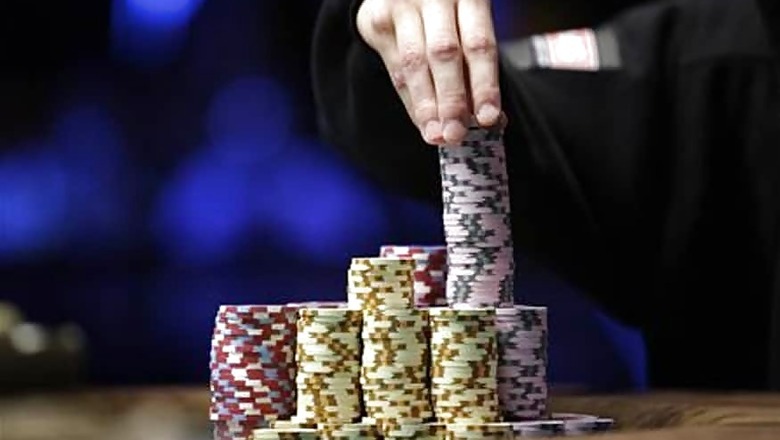
views
If you missed jackpot by a whisker on a slot machine, it will not make you a serial gambler. For nearly 70 years, researchers believed that near-miss events like these would encourage you to continue gambling but new research from University of Alberta scientists suggests that the near-miss effect may not exist at all.
Near-miss events have previously been found to affect brain activity and other subjective measurements.
However, there seems to be no conclusive, replicable evidence to show that near-miss events encourage gambling persistence and there are still many other factors that do encourage people to continue gambling.
The project, led by Jeffrey Pisklak and Joshua Yong, examined the relationship between near-miss events and persistent gambling behavior in both human and animal subjects.
"Across species, we were not able to replicate the finding that near misses caused an increase in the rate of play, despite a widespread belief that this is what should occur," said Pisklak, who conducted the research under the supervision of Marcia Spetch, professor in the Department of Psychology.
"Moreover, our review of the literature suggested that there are problems and inconsistencies in the previously cited evidence for a near-miss effect," said the study published in the Journal of Gambling Studies.
Casinos are very effective at getting people to gamble their money for a plethora of reasons.
As for the next step, Pisklak encourages his fellow scientists to continue examining this topic.
"No study is perfect. We hope people will attempt their own replications and in particular test other populations -- such as problem gamblers -- to determine the generality of our findings," they said.
Follow @News18Lifestyle for more















Comments
0 comment